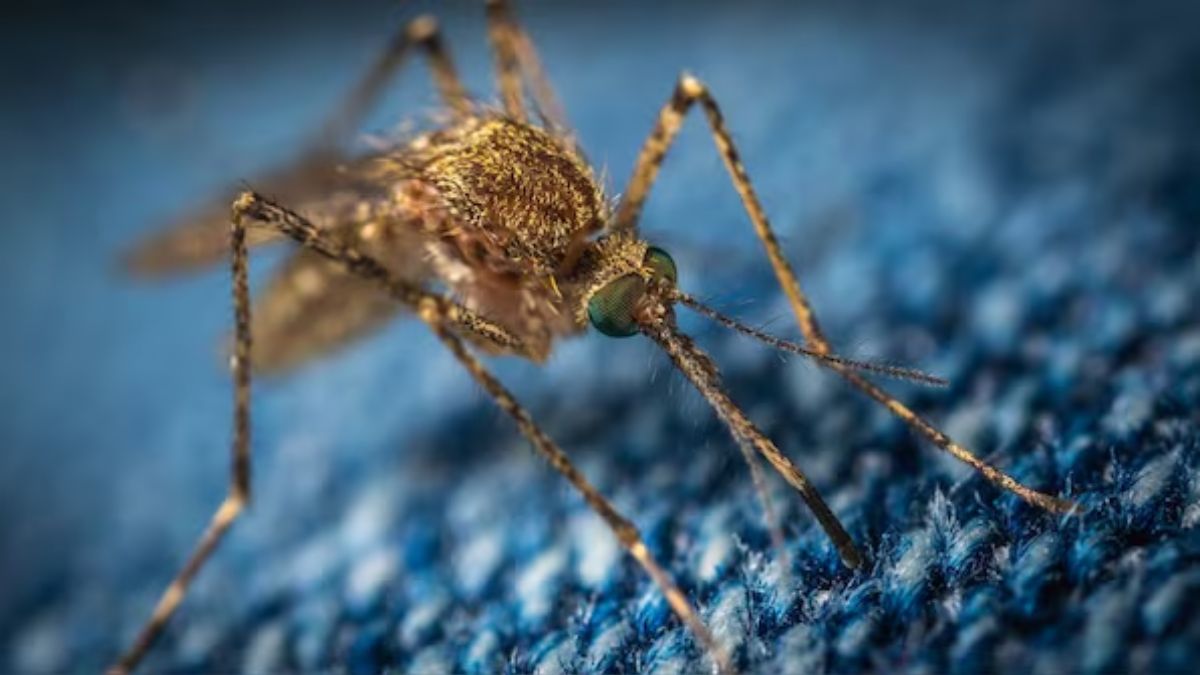According to a new analysis released on Tuesday, funding shortage can cause additional deaths by 2030 as the world’s leading malaria funder has sounded the alarm about a global health crisis. The funding cuts can cause 990,000 additional deaths including 750,000 children under five.
Malaria is a life-threatening mosquito borne disease that is caused by a parasite. Few know its dangerous effects and do not take required precautionary steps. Executive director of the Global Fund to Fight AIDS, Tuberculosis and Malaria, Peter Sands warned about the dissemination of Malaria and its ill-effects. During the World Health Summit in Berlin last week, she said, “If I think about the situation we face right now on HIV, TB and Malaria, the one that keeps me awake at night is malaria.”
According to Heath Policy watch, she said, “It’s pretty clear to me that this year more people will die of malaria than last year. The disruptions in funding have had that impact, and malaria is such an unforgiving disease that it reacts incredibly quickly.”
“The choice is clear: invest now to end malaria or pay far more when it returns,” said Gareth Jenkins of Malaria No More UK.
The current pace of death due to Malaria is 597,000 people annually according to the World Health Organization. The majority section remains the children making up three-quarters of victims. About 95 per cent deaths occur in Africa, despite vaccines and medical treatments experts suggest that the fight against the disease is faltering.
As the Global Fund Summit approaches in South Africa, analysts project different funding scenarios and donor nations are expected to decide contributions for 2027–2029. The Fund provides 60 per cent of funding for malaria control.
Impact Shorts
More ShortsExecutive secretary of ALMA, Joy Phumaphi said, “We are really at a very momentous time in human history. There are tools that are available that can actually facilitate the elimination of malaria. One of our biggest challenges at the moment is financing.”
She emphasized that the tools to eradicate malaria exist, but financing remains the critical obstacle.


)

)
)
)
)
)
)
)
)



